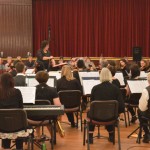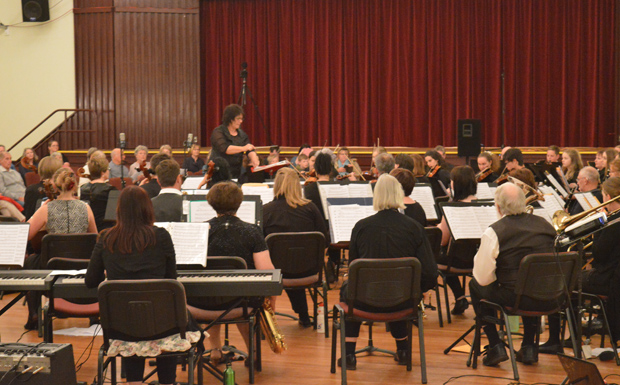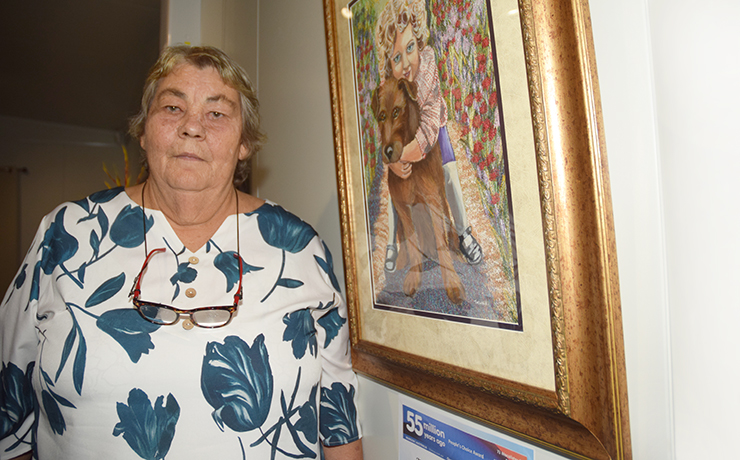
October 11, 2013
The RACQ Foundation has helped the Nanango and District Netball Association bounce back after the heavy rain in January, thanks to a $20,000 grant.
Association secretary Sheryl Wolski said the heavy rain seeped under the surface of their new netball courts, making them unsafe for the netballers to play on.
The RACQ Foundation funding has enabled the club to seal the area between a new drainage system and the courts to prevent damage during future storms or cyclones.
“The drainage works are useless without the sealant but with the $20,000 from the RACQ Foundation we’ve rectified the problem,” Ms Wolski said.
“We had a real downer after the flood damage as we’d only just had new courts put in, but the funding has been a morale booster for our club and drives us to continue to strengthen the club in recruiting new members.”
The Nanango and District Netball Association runs a competition for children from four to 15 years old, with three cadet teams and three junior teams.
This year they joined with the Kingaroy Netball Association to expand their competition.
“We’re an active club – a definite strength in our community,” Ms Wolski said.
RACQ Executive Manager External Communications Lynda Schekoske said the Foundation was set up after the 2011 floods to help affected community organisations recover and charity organisations to provide ongoing assistance to flood and cyclone victims.
“Since then, more than 130 community groups throughout Queensland have been approved funding totalling just over $7 million from the Foundation,” Ms Schekoske said.
“Community groups affected by this year’s natural disasters can apply to the RACQ Foundation for up to $200,000 per project to repair, replace or rebuild their damaged properties, buildings and equipment and to protect against future damage.
“We encourage other affected community organisations to apply for assistance before the next deadline for funding applications on January 7, 2014.
“The assistance can help groups overcome financial hurdles to get up and running again, while providing protection against future disasters.”























